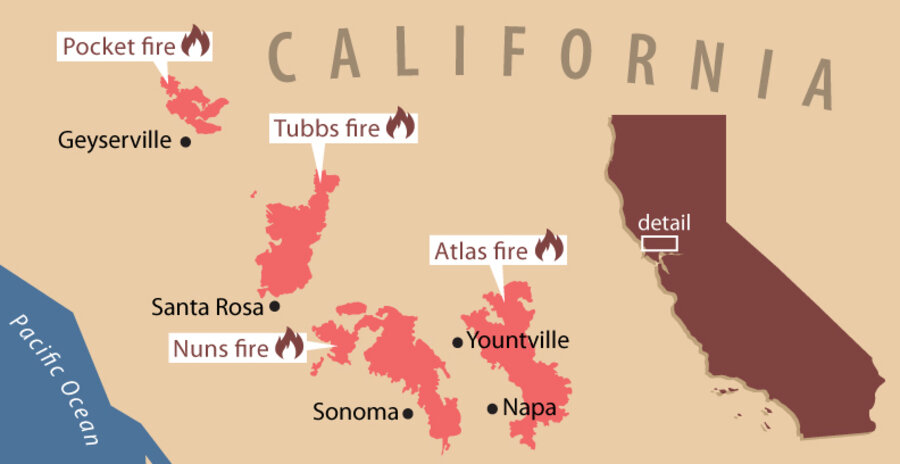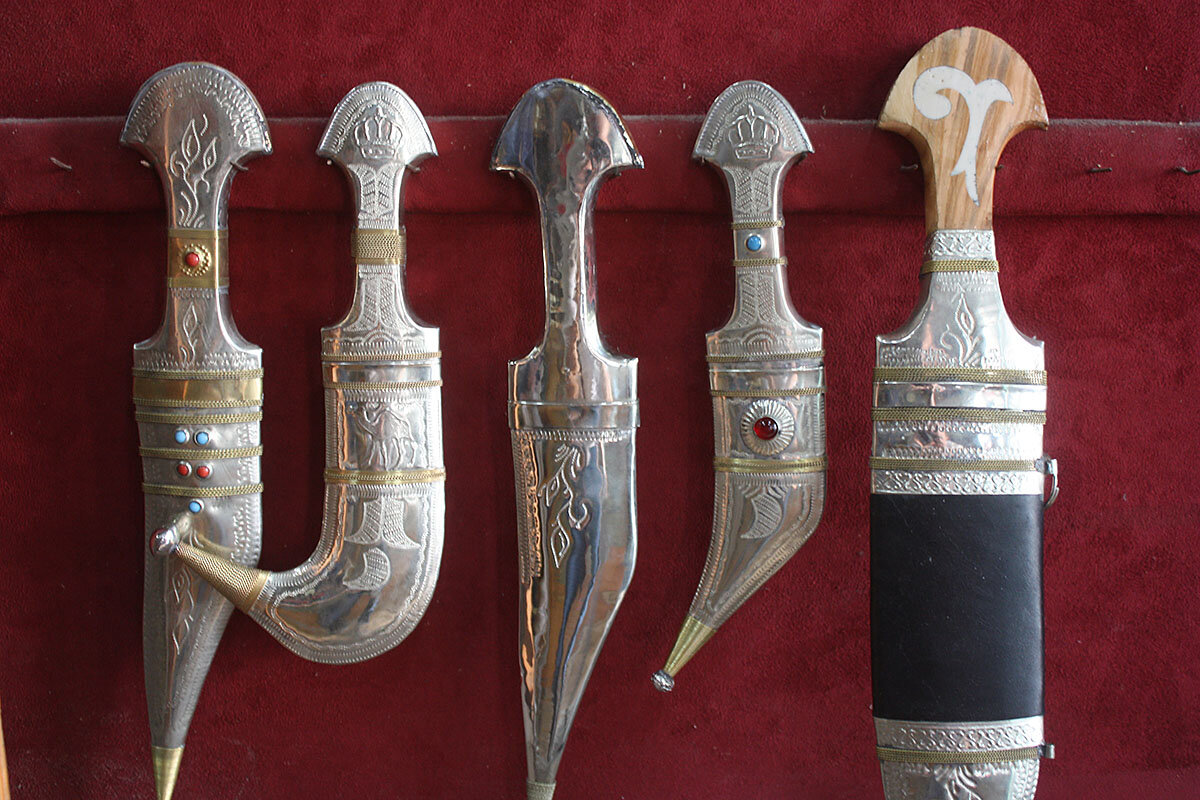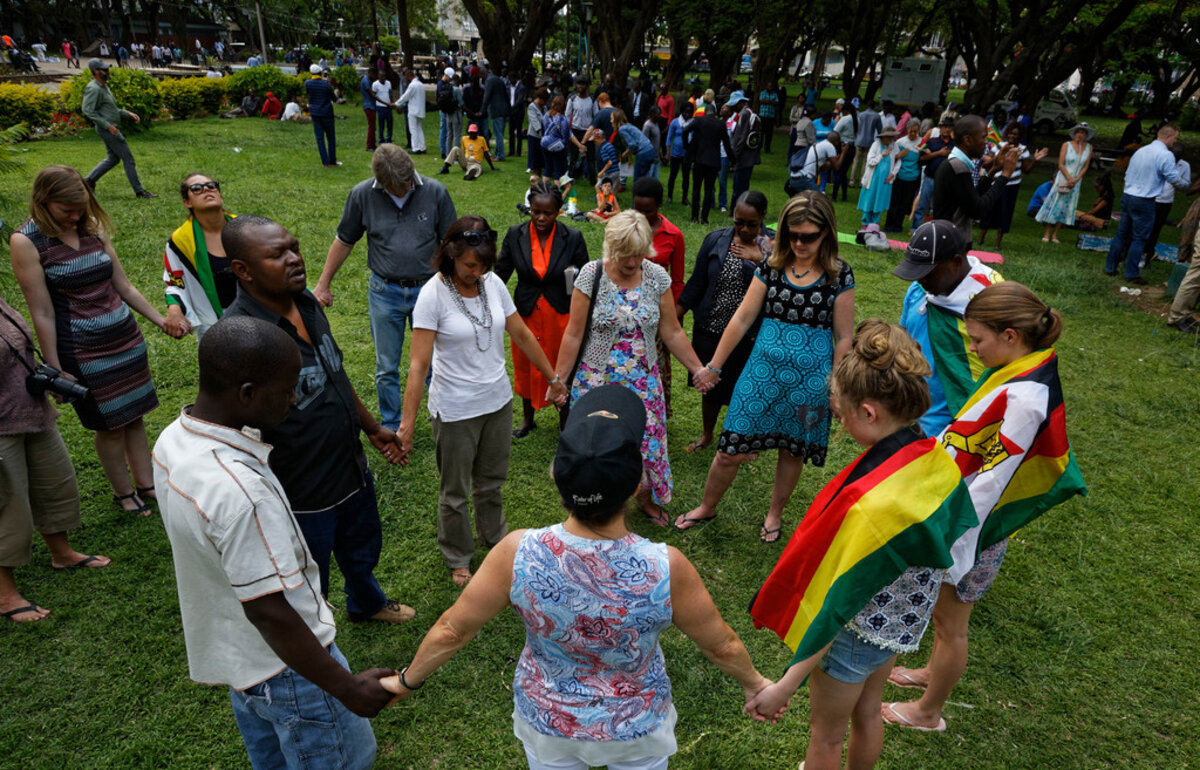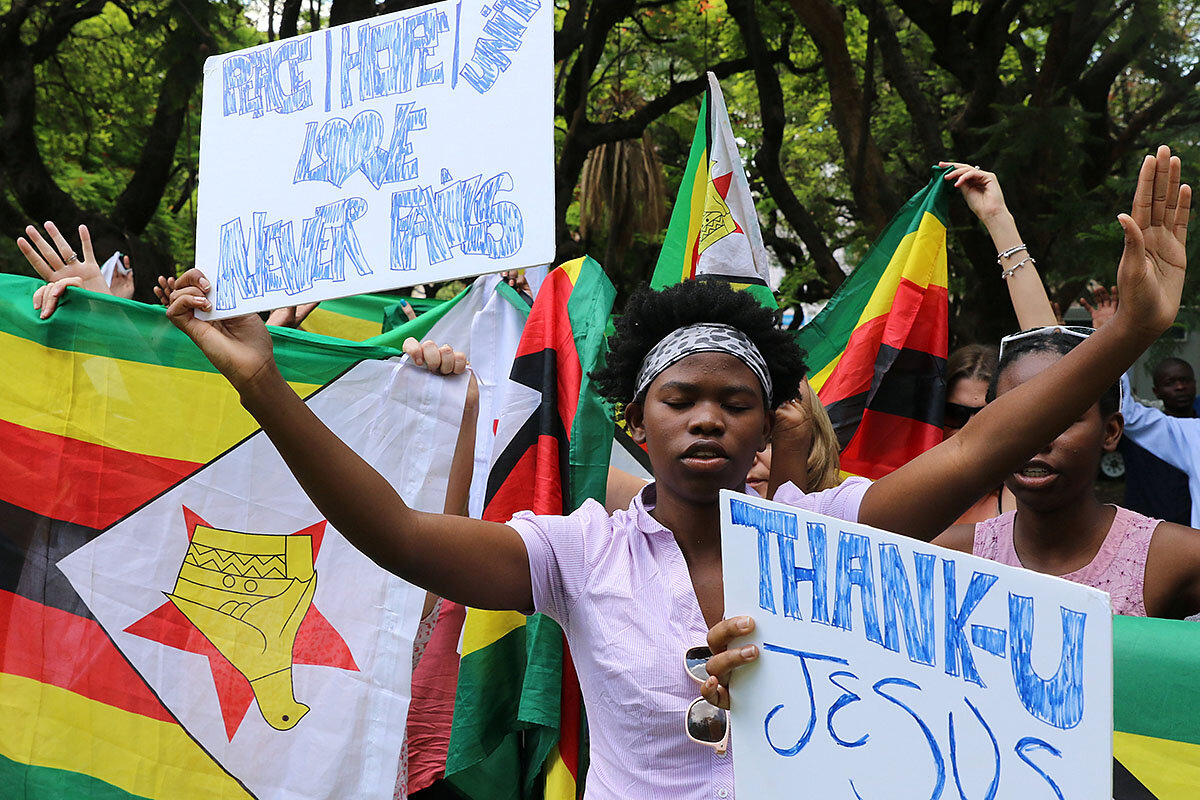Hillary Clinton is still a political target because she remains, in many ways, the face of her party. For Democrats, that presents a larger challenge – and opportunity.
Monitor Daily Podcast
- Follow us:
- Apple Podcasts
- Spotify
- RSS Feed
- Download
 Mark Sappenfield
Mark Sappenfield
Unless the German Bundestag adds frozen zombies to its agenda, Chancellor Angela Merkel’s bid to form a new government might seem rather less enthralling than your average “Game of Thrones” episode.
Or maybe not.
Why did Ms. Merkel fail to form a coalition? The answer matters from Britain to France to the United States. Voters in those countries are sending a clear message: We’re tired of traditional parties. And their votes are empowering new parties or factions.
In Germany, the country’s second biggest party cratered in the last election. Now it wants nothing to do with Merkel. It wants to take the mantle of outsiders and opposition.
That’s part of the democratic life cycle; elections help parties reinvent themselves. But something else appears to be at work, too. Just as cable TV has splintered into a thousand different channels to meet our interests, so politics appears to be doing the same. The good part is that you get great niche programming, like, well, “Game of Thrones.” The bad part is that fewer of us are actually watching the same things.
Niche politics works the same way. It encourages us to define our identity and interests more and more narrowly. Merkel, like many others, is now struggling to figure out how to square that fractious view of politics with a government that must rule for all.
In our issue today, we look at how one American state is seeking justice, an effort to turn disaster into reform in northern California, and the waning of a pointed tradition in the Middle East.










